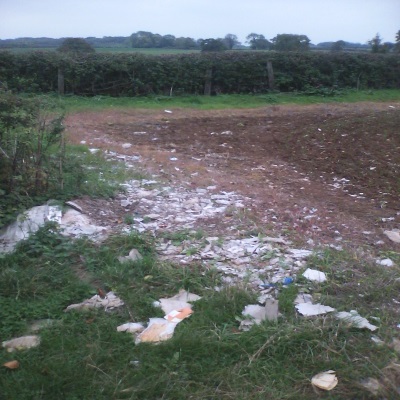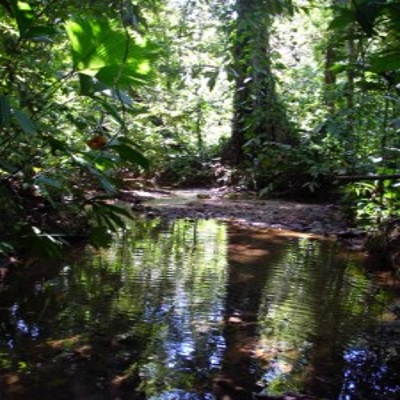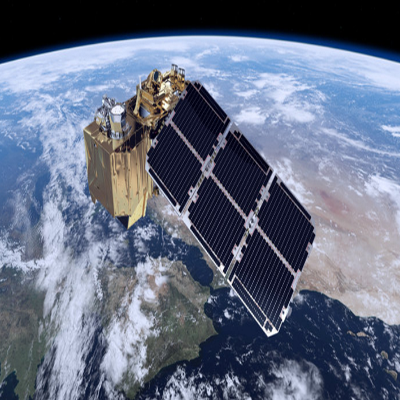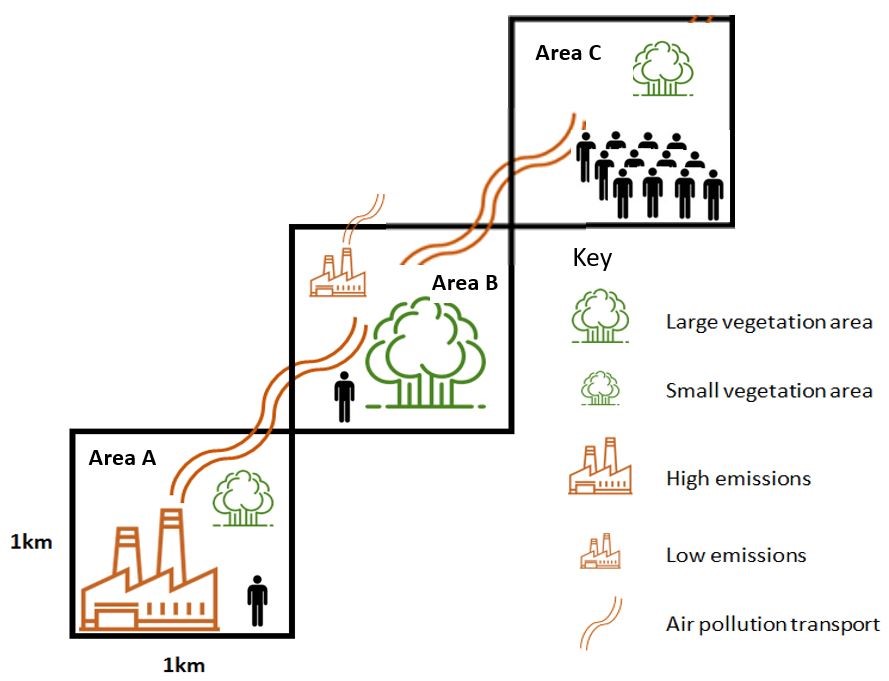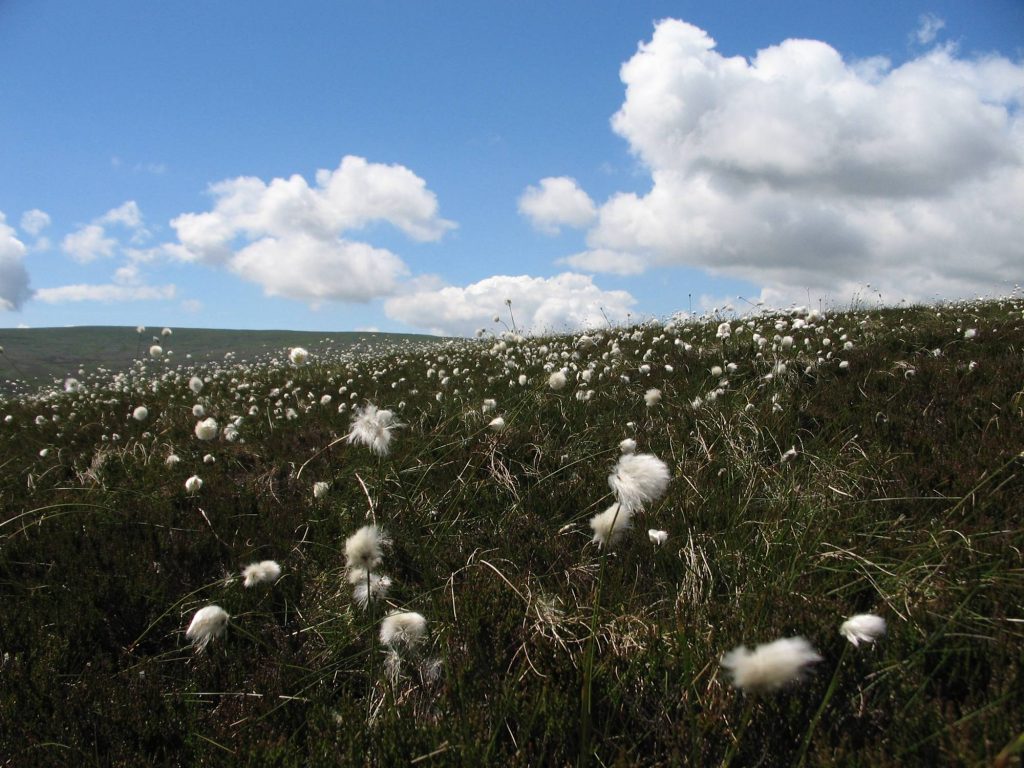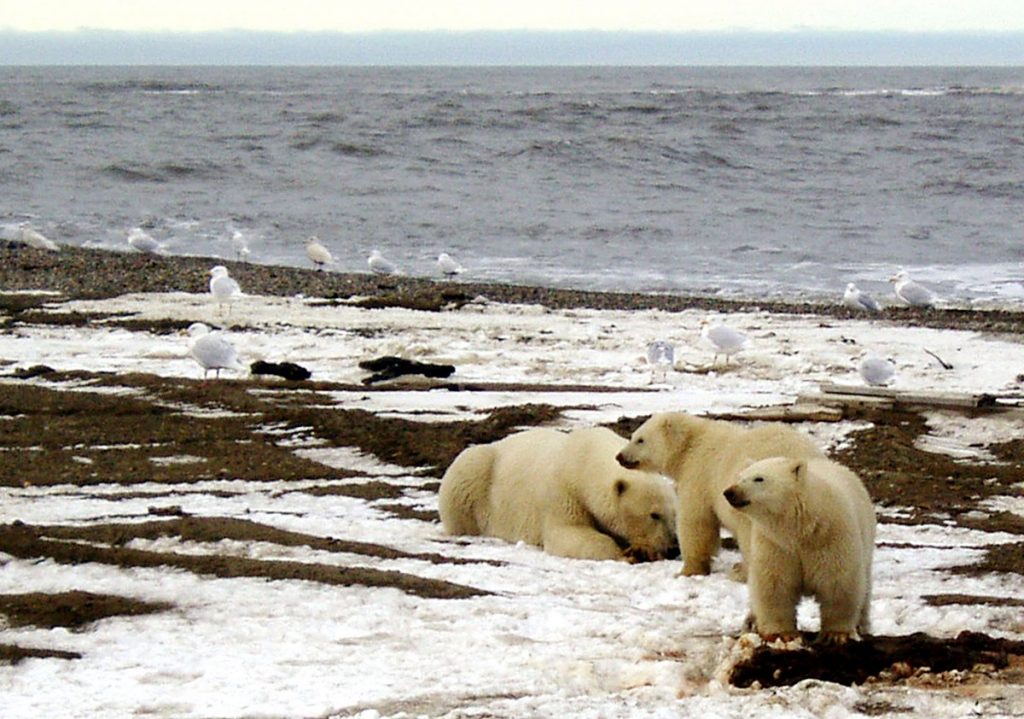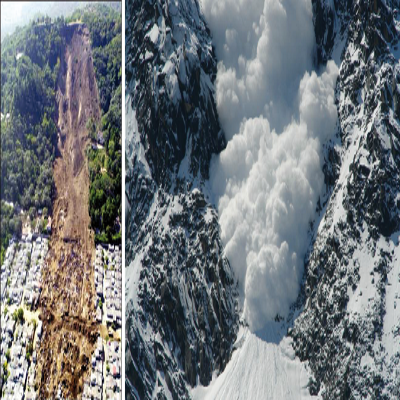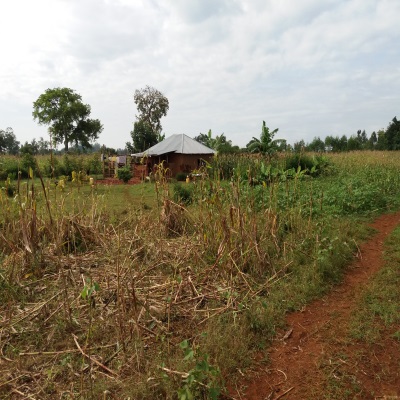Researchers and the public are aware of the potential issues of plastic pollution. Images of birds, mammals and other charismatic species entangled in and eating plastics have created great concern about our profligate plastic use. The problem with plastic pollution may be more pernicious than we have previously realised. As well as the polymers themselves […]
Read More
Natural wetlands are the greatest emitters of atmospheric methane. Plants are important controls of this as they can both stimulate high methane production and suppress emissions by releasing oxygen into the ground supporting bacterially mediated oxidation of methane drastically cutting emissions. Tropical wetlands are particularly important in the global methane cycle, however, the mechanisms behind […]
Read More
This is an exciting opportunity to explore machine learning and big data methods, in combination with earth observation data, to extract information on land cover and habitat condition. It will use a range of remote sensing data sets, including LIDAR, aerial photography and high resolution satellite data. Land cover is a key environmental variable and […]
Read More
This multi-disciplinary PhD will study natural capital, biodiversity and ecosystem services at a range of scales, to tackle critical questions in ecosystem services research: Does natural capital produce the same amount of benefit, regardless of scale? How do those scale relationships change when you consider interactions with social factors which can alter demand for ecosystem […]
Read More
Can our upland landscapes provide clean drinking water, store carbon, maintain biodiversity, act as a platform for leisure activities and provide a rural economy around grazing all whilst coping with the increasing pressures of climate change? Our mountainous regions are clearly under many, sometimes conflicting, demands, and this has led to a substantial degradation in […]
Read More
The high Arctic is warming at an alarming rate, disrupting soil carbon, nutrient and hydrological cycles. This is resulting in increased soil microbial activity with subsequent increases in nutrient availability and hence plant productivity and nutrient losses to the wider environment. Losses of the greenhouse gases, nitrous oxide, methane and carbon dioxide result in a […]
Read More
This project will explore granular slides observed in nature as landslides and (dry snow) avalanches and in industrial processing and storage applications (chutes, hoppers, blenders, rotating drums, heap formation). The landslide database of the British Geological Survey BGS documents 17,000 landslides across Great Britain alone which resulted in several fatalities and socio-economic losses and thousands […]
Read More
The previous secretary of the United Nations, Kofi Anan, called for a uniquely African green revolution in response to the need to increase productivity while reducing the negative impacts of industrialised agriculture on the environment and societies. Part of the solution will be to optimise the diversity of crops grown in space and time. Small […]
Read More
Hydraulic fracturing (‘fracking’) is highly controversial with public concerns over environmental impacts, not least the risks to groundwater. Key among the concerns are the risks of stray gases from the deep subsurface entering aquifers via well casings or faults. With shale-gas exploration expected imminently at sites within northern England, it is of critical importance to […]
Read More
Around six million people fish on coral reefs, and the fish they catch provide critical sources of protein, micronutrients and income for many millions more. However, coral reefs have been greatly degraded by local human pressures and global climate change. With reef degradation escalating it is essential to know how coral reef condition influences associated […]
Read More

